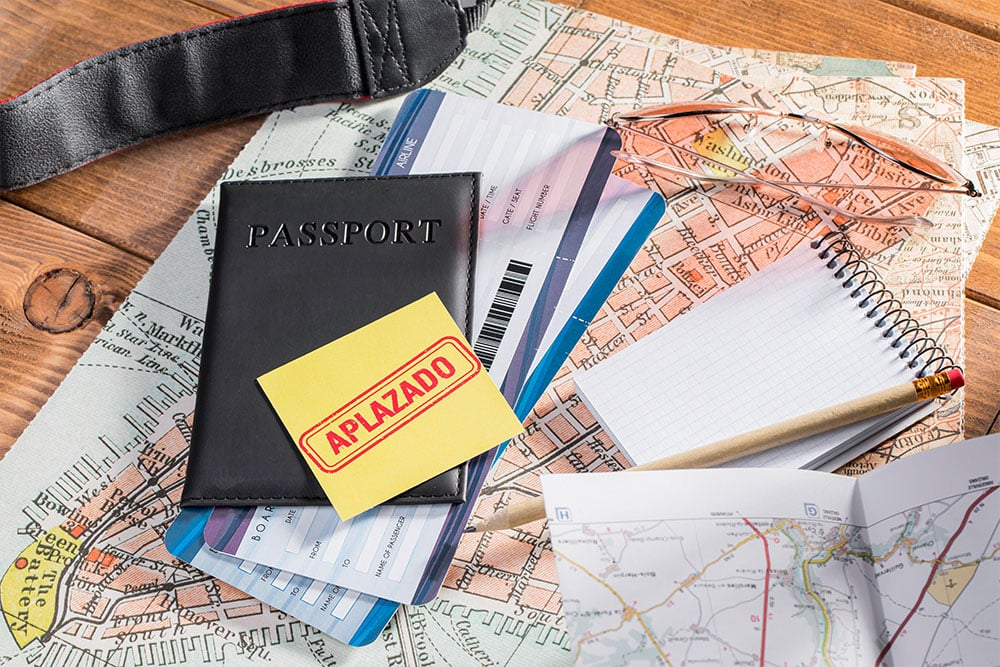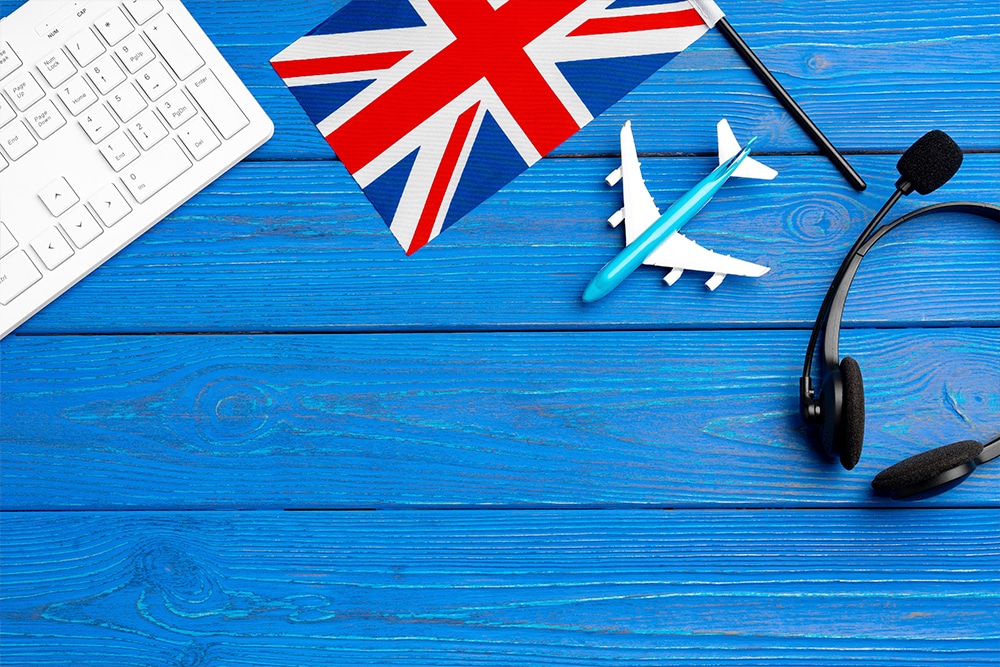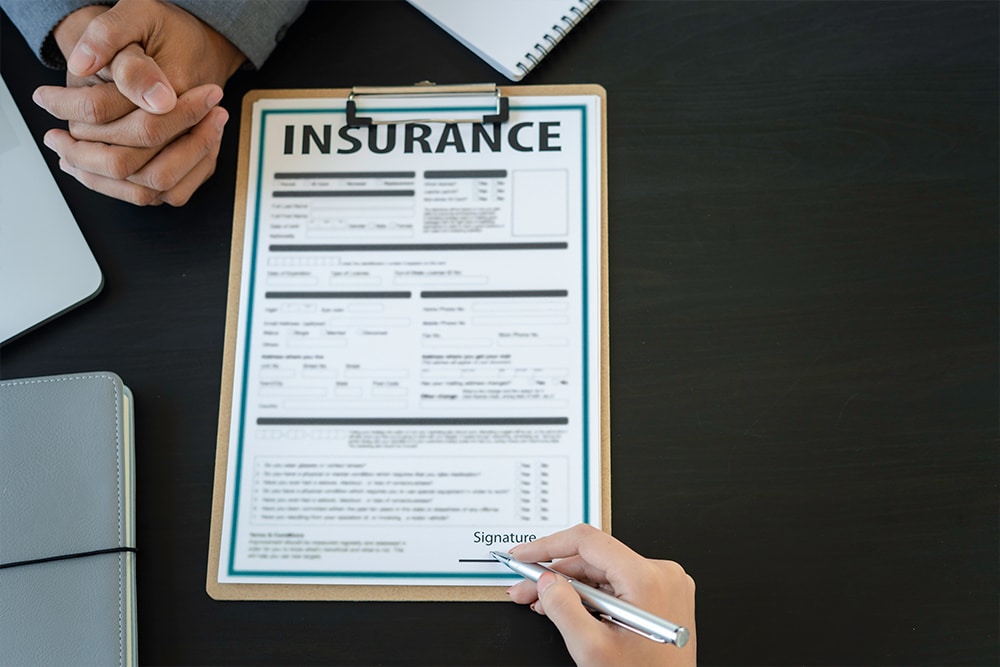REPATRIATING TO THE UK

If you’re contemplating a return to the UK, it’s essential to be aware of the crucial financial steps to take before returning. Repatriating British expats may encounter obstacles, and the duration of their stay abroad can significantly impact the challenges they face. At Lead Solution, we have extensive experience in assisting British expats in effectively managing their financial affairs and ensuring a well-planned transition back to the UK. To facilitate a smooth and stress-free reintegration into British society, we provide a comprehensive list covering the important factors, including residency and domicile considerations.
Even if your primary home, family, and job are located abroad, spending a significant amount of time in the UK can make you a UK resident, thereby subjecting you to income tax on your international earnings. HMRC determines residency status through a statutory residency test, which includes automatic criteria and assessments of sufficient ties. You are automatically considered a UK resident if you spend more than 183 days in the UK during the tax year or if the UK is your sole home.
If you think you are not a UK tax resident, you need to see if you meet any automatic overseas criteria for non-resident status. You are automatically classified as a non-resident if you spent fewer than 16 days in the UK (or 46 days if you were not a UK resident in the previous three tax years), or if you moved abroad for full-time work and spent less than 91 days in the UK, with no more than 30 days working there.
If you don’t meet the automatic overseas criteria, the number of days you can stay in the UK without being considered a resident depends on your ties to the country, such as family, work, and accommodation. For more specific guidance on this issue, it is advisable to consult with your financial adviser.
DOMICILE
Domicile is another crucial consideration. Individuals domiciled in the UK are liable for Inheritance Tax (IHT) on their global assets. Shedding UK domicile status can be difficult, even if you reside abroad for many years.
Domicile of origin is the domicile assigned at birth, typically based on your father’s domicile. You can establish a new domicile, known as a domicile of choice, by permanently settling in a new country with no intention of returning to the UK. However, living abroad for a long time does not automatically mean you have acquired a new domicile.
Indicators such as retaining voting rights and holding assets in the UK imply that you still regard the UK as your home, thus maintaining your UK domicile status. Additionally, individuals who have lived in the UK for fifteen out of the last twenty tax years are considered domiciled in the UK.

RETIRING BACK IN BRITAIN

If you are returning to the UK as an expat with a Qualifying Recognised Overseas Pensions Scheme (QROPS), it is essential to notify your QROPS provider about your move. If you choose to transfer your funds or start receiving benefits from your QROPS, the scheme must report these payments to HMRC, regardless of how long you were previously living abroad. Even if you have been receiving income from your pension while overseas, you will need to pay tax on that income once you return to the UK. This applies whether your pension scheme is registered in the UK, such as a Self-Invested Personal Pension (SIPP), or if it is a QROPS.
It is crucial to seek professional advice at this stage to ensure that your pension income and other assets are managed in the most tax-efficient way possible. Various strategies can help, such as using the pension commencement lump sum to reduce your tax liability, making tax-deferred 5% withdrawals from an offshore bond, utilising the Capital Gains Tax (CGT) annual exempt amount, or transferring assets between spouses if one is a higher or additional rate taxpayer. You have several options available, but getting advice before returning to Britain is vital to avoid limiting your financial choices and opportunities.
REPATRIATING: HOW ARE FUNDS TAXED IN THE UK?
If you are a UK-domiciled individual who has stopped being a UK resident and is not ordinarily resident in the UK (i.e., an expat), you can transfer funds into the UK without facing UK income tax. However, it’s important to be aware of the temporary non-residence rules if you’ve been abroad for less than five years, as these rules may require you to pay taxes on any gains made during your time away once you return.
If you think you might be a UK resident, UK-domiciled but not ordinarily resident, it is advisable to seek professional tax advice due to the complexity of your tax status.
Additionally, UK non-domiciled individuals have more flexibility in their tax arrangements. Consulting with a tax professional can help you optimise your tax strategy and take full advantage of available options.

INCOME TAX

In the UK, your tax obligations are based on your residency and domicile status. As a UK tax resident, you must pay UK tax on your worldwide income. If you are a non-resident expat, you only pay tax on income from UK sources, such as rental income or UK pension income.
Your UK income tax liability depends on your income level and the applicable tax bands. Every UK resident is entitled to a personal allowance of £12,570, which is income not subject to tax. For more information on self-assessment and tax returns, visit the HMRC website.
If you are moving back to the UK and starting a new job, you need to fill out a Starter Checklist form from HMRC. This form replaces the old P46 and is for employees without a P45, a document given at the end of UK employment detailing your tax code, gross pay, and tax paid. The Starter Checklist ensures your tax details are updated with HMRC. While your tax situation is being clarified, you might receive an emergency tax code. Both the Starter Checklist and emergency tax code information can be found on the HMRC website.
As for income tax, you are generally considered a resident for the entire tax year. This means all income received in the tax year you return to the UK is subject to UK income tax. However, there is an extra-statutory concession known as “split-year treatment” for income tax purposes. This means income earned before the actual date of your return may not be subject to UK income tax. Note that the split-year treatment rules for income tax differ from those for capital gains. Split-year treatment applies when someone leaves or returns to the UK for work-related reasons.
NATIONAL INSURANCE CONTRIBUTIONS
To qualify for certain benefits, including the state pension, you must make National Insurance contributions (NICs). Even while living abroad, you can make voluntary contributions. You can check your National Insurance record online and catch up on contributions if needed. This helps you understand how any gaps in contributions may affect your future benefits.
The type of NICs you pay depends on your employment status and income. If you are employed, you stop paying Class 1 NICs when you reach the state pension age. If you are self-employed, you no longer need to pay Class 2 contributions upon reaching the state pension age and Class 4 contributions from the start of the tax year after reaching state pension age.
INSURANCE
When returning to the UK, it’s important to review your insurance coverage. From home insurance to car insurance, life insurance, and boiler breakdown insurance, make sure your existing policies are valid and suitable for your needs upon your return. Recent regulations require buyers to have home insurance in place before moving into a new property. UK comparison websites can help you obtain multiple insurance quotes at once, making it easier to explore different options.

WILLS / POWER OF ATTORNEY
Reviewing and updating your will and considering establishing a lasting power of attorney is advisable when you return to the UK. A lasting power of attorney is a legal document that allows you to designate individuals to make decisions on your behalf if you are unable to do so due to an accident or illness. Our in-house legal specialists can assist you with these matters.
TALK TO US
If you are considering repatriating to the UK, it is crucial to organise your finances before you move. Speak with one of our financial advisers to plan your move effectively.



